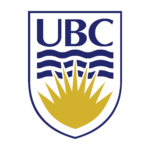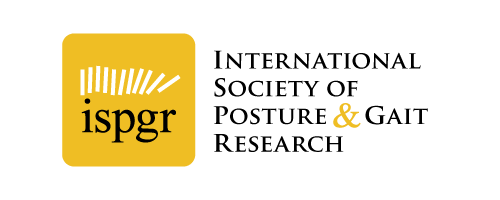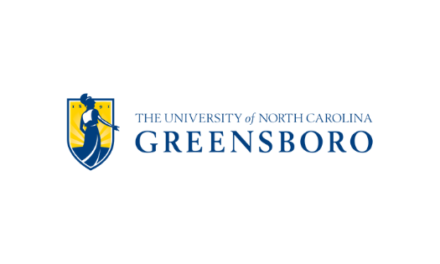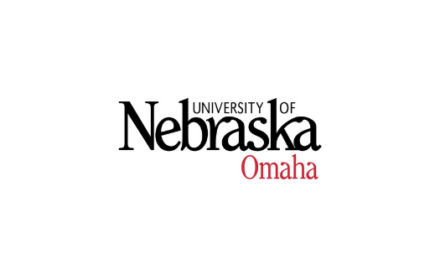
CALL FOR PHD APPLICANTS
We are looking for a strong PhD applicant for the fall of 2021 to be co-supervised by Dr. Romeo Chua and Dr. Mark Carpenter.
Area of Research:
Emotional effects on sensori-motor control of goal-directed actions and balance.
The research involves the study and modelling of the neuro-mechanical changes in human balance and goal-directed limb movements when performed under different states of stress and anxiety.
Background Required:
MSc in Kinesiology, or related areas of neuroscience or psychology, completed no later than Aug 2021. Academic record must demonstrate strong research record and/or potential and be competitive for external scholarships (e.g. NSERC).
Strong interest in human balance control and sensorimotor control research.
Software programming skills in one or more of MATLAB, LabVIEW, Python, or related programming language.
Experience with signal processing, motion capture, kinematic analyses, EMG and biomechanical analyses of human movement and/or balance control.
Application Information
Interested students should submit a CV, statement of interest, and names of two potential referees to Dr. Romeo Chua () by the deadline of December 20, 2020.
Applicants invited to apply for the PhD position would need to apply to School of Kinesiology graduate program through the University of British Columbia’s Faculty of Graduate Studies.
The application deadline is January 15, 2021.
Successful applicants will receive at least $18 000 per year for up to 4 years, in base-level financial support. Financial support would comprise a combination of Teaching Assistantships and Research Assistantships. Base-level support may be supplemented with internal and external Scholarships and other research funding depending on level of experience.
Equity and diversity are essential to academic excellence. An open and diverse community fosters the inclusion of voices that have been underrepresented or discouraged. We encourage applications from members of groups that have been marginalized on any grounds enumerated under the B.C. Human Rights Code, including sex, sexual orientation, gender identity or expression, racialization, disability, political belief, religion, marital or family status, age, and/or status as a First Nation, Metis, Inuit, or Indigenous person.
All qualified persons are encouraged to apply; however, Canadians and permanent residents will be given priority.
Supervisors and Labs:
Dr. Mark Carpenter, Neural Control of Posture and Movement Lab
The first objective of my research is to identify the neural, musculo-skeletal and psychological factors that contribute to balance deficits and falls associated with age, Parkinson’s disease, vestibular loss and spinal cord injury. The second objective is to identify optimal exercise, training and treatment strategies to improve age and disease-specific balance deficits and reduce the occurrence and impact of falls.
The Neural Control of Posture and Movement Laboratory features a comprehensive approach to studying dynamic control of balance by combining various neuro-physiological and biomechanical techniques, including surface and intra-muscular electromyography, 3D full-body motion analysis and force measurement coupled with quantitative and qualitative assessment of perceived and physiological effects of fear and anxiety. Virtual reality will be used to manipulate balance-related anxiety and recreate the environmental conditions that lead to falls in everyday life. Virtual environments will be integrated with a unique moving balance platform capable of producing unexpected multi-directional balance disturbances.
Dr. Romeo Chua, Perceptual-Motor Dynamics Lab
My research focus is centered on the study of human perceptual-motor control. The long-term objective of this research program is to understand the neuro-behavioural mechanisms underlying the sensory and perceptual contributions to the preparation and execution of goal-directed actions. The research program is motivated by longstanding interests in issues pertaining to the: 1) volitional and automatic control of visually-guided action, 2) processes underlying sensorimotor adaptation and learning, and 3) mechanisms underlying motor preparation. A current objective of my research is to investigate the principles that govern the sensorimotor adaptation of goal-directed actions in the face of systematic perturbations to the sensory/perceptual environment and/or the effector machinery.
The Perceptual-Motor Dynamics Laboratory is equipped to study human sensorimotor control utilizing a number of techniques. The lab is equipped with 3D motion capture, digital and analog data acquisition systems, and torque motor systems. The lab also utilizes electromyography, electroencephalography, and electrophysiological stimulation techniques. Software for experiment control and data analyses are written in LabView, MATLAB, and Visual Basic.
Research Group
The Neuromechanical Research Group (https://kin.educ.ubc.ca/research/neuro-mechanical/) and the Origins of Balance Deficits and Falls Research Cluster (https://balancefalls.ubc.ca/) in the School of Kinesiology represent a collaborative collection of researchers and laboratories with mutual interests in the study of human sensorimotor control and learning. Graduate students have the opportunity to learn a variety of research techniques and engage in collaborations across laboratories



